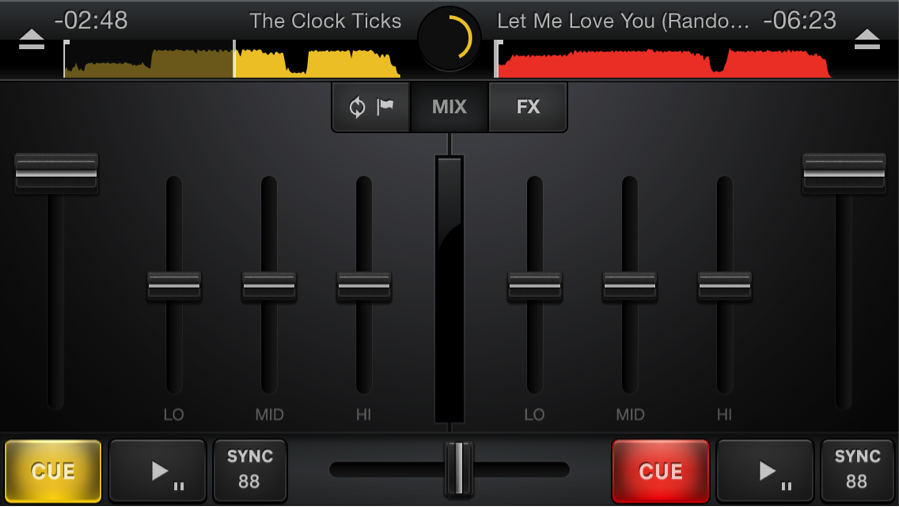

Possible explanations for these findings include differences in populations studied, sample sizes, numbers of outcomes, or the validity of outcome measures. In contrast, the ANBP2 used HCTZ as the diuretic but found an ACE inhibitor to be superior at reducing combined morbidity and mortality in men but not in women. 11,12 ALLHAT found fewer events for all cardiovascular disease, stroke, and heart failure with chlorthalidone than with an angiotensin-converting enzyme (ACE) inhibitor and lower risk of heart failure with chlorthalidone than with amlodipine.
#Cross dj le 1.5.2 trial#
The debate between possible differences between chlorthalidone and HCTZ has been reinvigorated by the seemingly disparate findings from the Antihypertensive and Lipid-Lowering to Prevent Heart Attack Trial (ALLHAT) and the Second Australian National Blood Pressure Study (ANBP2). One theory is that clinicians observed more hypokalemia with chlorthalidone than with HCTZ. It is not known why the drug has fallen out of favor. 2 The average physician has rarely prescribed chlorthalidone (it is often not listed on formularies), and most younger pharmacists have never dispensed the drug. 10 Most experts generally consider HCTZ and chlorthalidone interchangeable, with little discussion about whether these drugs are truly equivalent.Ĭhlorthalidone (Hygroton) was commonly used in the 1970s, but its use has sharply declined in the past 20 years. In addition, intriguing findings from the Multiple Risk Factor Intervention Trial (MRFIT) suggested that chlorthalidone might confer mortality benefits over HCTZ, but these findings have never been investigated in a prospective study. 4–16 Trials sponsored by the National Heart, Lung, and Blood Institute used chlorthalidone, primarily because of the belief that it might have advantages related to its longer duration of action. Most major clinical trials used either hydrochlorothiazide (HCTZ) or chlorthalidone.

3 The JNC guidelines, however, do not distinguish between the thiazide diuretics and actually list several acceptable options. 2 The seventh report of the Joint National Committee on Prevention, Detection, Evaluation, and Treatment of High Blood Pressure (JNC-7) suggests thiazide diuretics for most patients with hypertension. Although diuretic use declined for 20 years, 1 it has begun to increase. Thiazide diuretics have been the cornerstone in hypertension management for nearly 5 decades. Customer Service and Ordering Information.Stroke: Vascular and Interventional Neurology.Journal of the American Heart Association (JAHA).Circ: Cardiovascular Quality & Outcomes.Arteriosclerosis, Thrombosis, and Vascular Biology (ATVB).


 0 kommentar(er)
0 kommentar(er)
